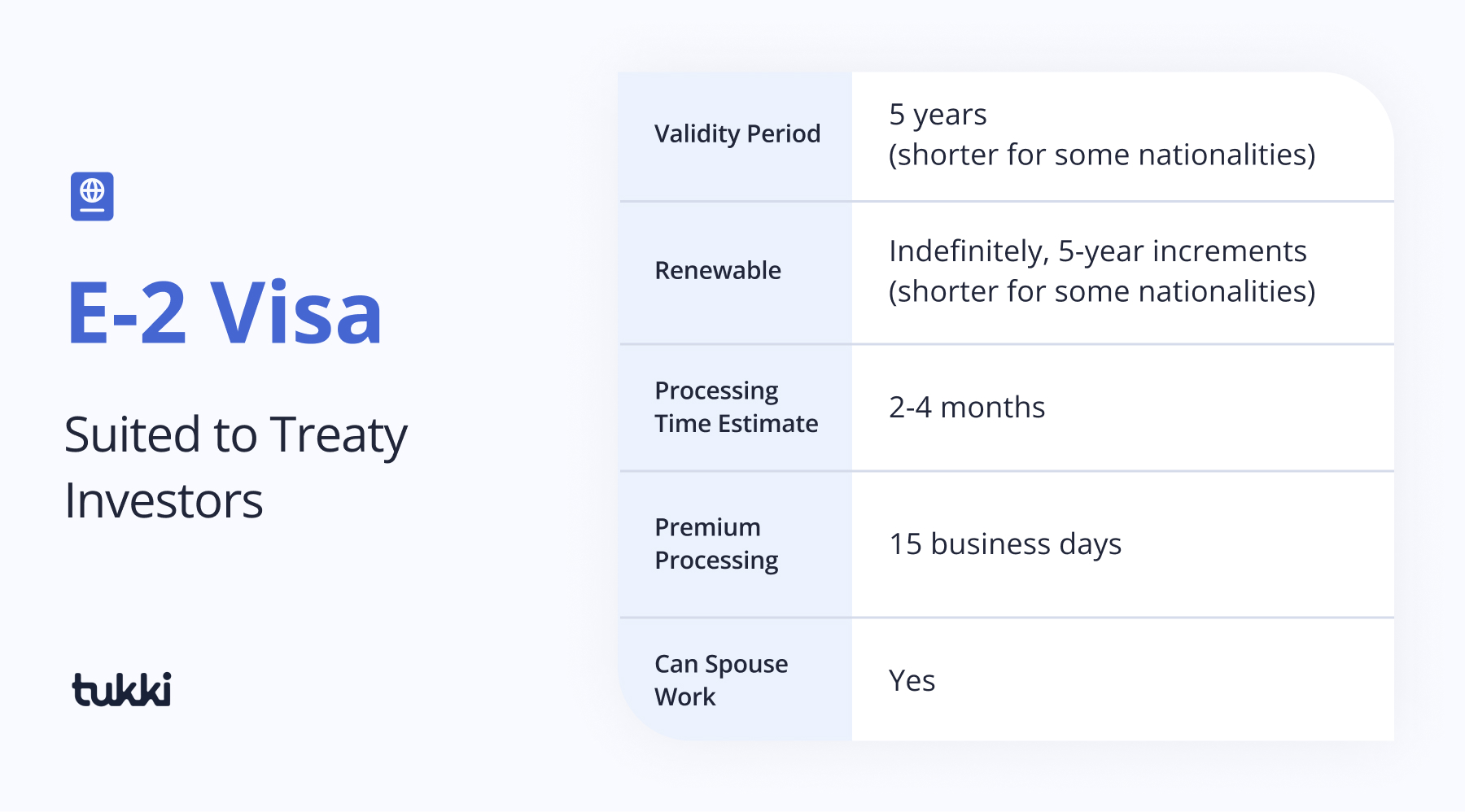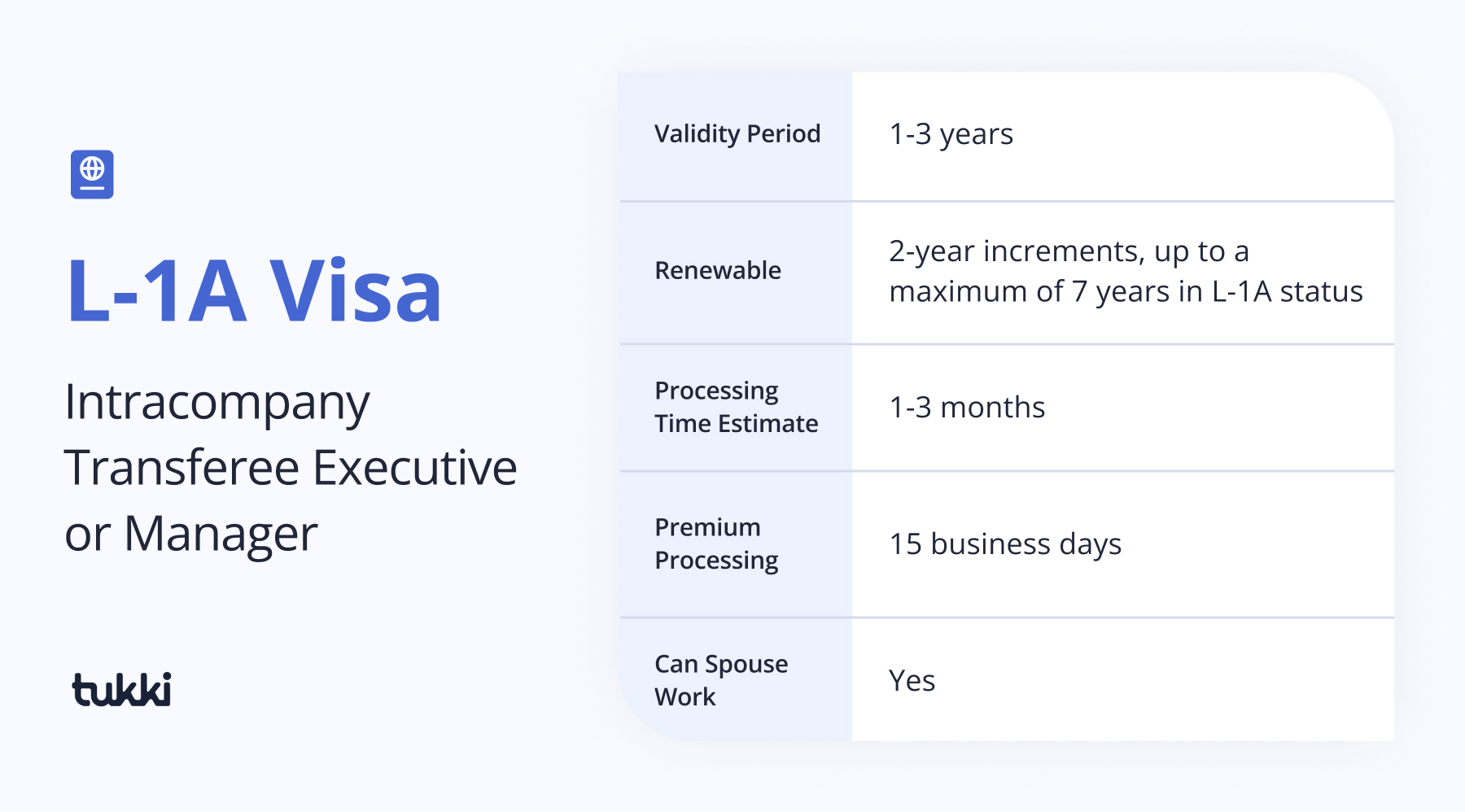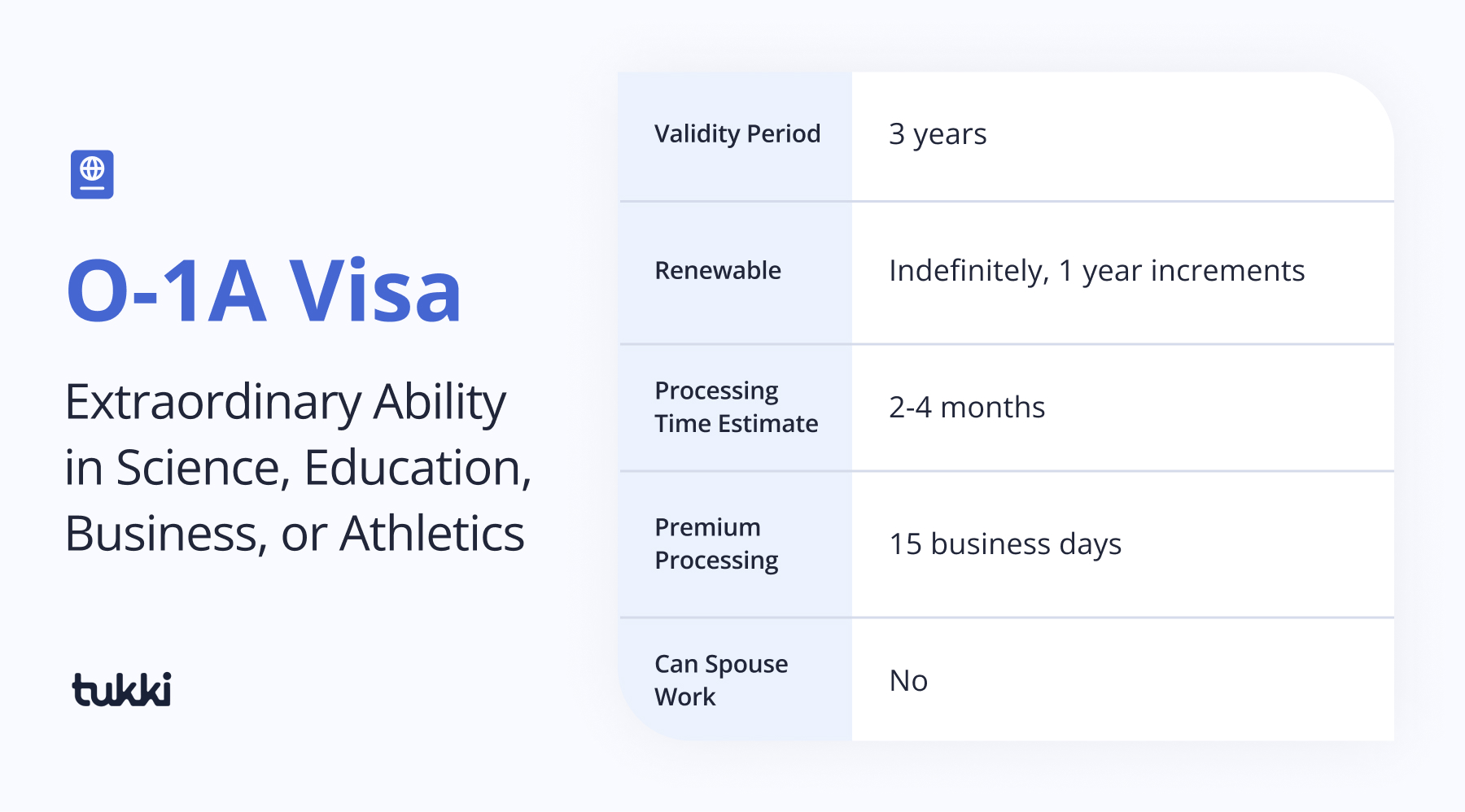E-2 visa minimum investment - what you need to know
7 mins read | Feb 17, 2026
WHICH VISA TYPE IS BEST FOR YOU?
Contributor
Tukki
Reading time
5 mins read
Date published
Aug 23, 2024
No bureaucratic process is known for being easy or enjoyable, but understanding the steps that await us, how to approach them, and who to have by our side helps streamline the process.
Clarity and transparency are crucial for the beneficiary (i.e. the immigrant) as much as their legal team, but to date, no one tool or team has been able to provide this. That’s why we created Tukki — to combine the best of technology with lawyers — as well as this guide. There’s no reason why a comprehensive overview to assist you in making informed decisions should be hard to access.
Here, our focus will be on the most common nonimmigrant visa types that suit business owners and entrepreneurs primarily, so you can make sensible decisions about your future and your visa.
The E-2 visa is for investors, executives, and managers from treaty countries who invest significant capital in a U.S. enterprise. The L-1A visa is for managerial or executive employees being transferred to the U.S. from an international organization. The O-1A visa is for individuals with extraordinary ability in their field.
To overly simplify: the E-2 focuses on the investment, the L-1A on the company and the immigrant’s role within it, and the O-1A on the individual and their accomplishments.
The E-2 visa caters to investors from treaty countries who invest significant capital in a US. enterprise.
Profiles that typically qualify: Entrepreneurs, business owners, investors
Sponsorship: Not required
Requirements:
Pros:
Cons:

L-1A visas are for managerial or executive employees being transferred to the US.
Profiles that typically qualify: Corporate executives, high-level managers, business owners
Sponsorship: Required
Requirements:
Pros:
Cons:

The O-1A visa is for individuals who have demonstrated extraordinary ability in their field, whether it’s science, education, business, or athletics.
Profiles that typically qualify: Entrepreneurs, industry experts, researchers, STEM professionals, athletes
Sponsorship: Required
Requirements:
Pros:
Cons:

In short, the E-2 visa is ideal for investors from treaty countries making substantial investments in US. businesses. The L-1A visa is suited for managerial or executive employees of multinational companies being transferred to the US. The O-1A visa caters to individuals with extraordinary abilities in various fields.
Each nonimmigrant US visa category offers unique benefits and challenges—choose the visa route that best aligns with your professional background and business objectives. By thoroughly understanding these nonimmigrant US visas, you can make an informed decision, facilitating your journey to work and thrive in the US. To continue the discovery journey, why not complete an assessment that will point you to your best US visa options?
WE CAN HELP
Need more clarity?
Find quick answers to frequent visa questions from our legal experts
Do I need a job offer or employer sponsorship for an EB-2 NIW?
No, one of the main advantages of the EB-2 NIW is that you can self-petition, meaning you do not need a U.S. employer to sponsor you or go through the labor certification (PERM) process, which is typically a lengthy and complex requirement for employer-sponsored Green Cards.
Instead, you must prove that your work is in the national interest of the U.S. and that waiving the job offer requirement would benefit the country.
How long does standard EB-1A processing take?
Standard EB-1A processing times vary by USCIS service center and workload.
In many cases, processing can take several months to over a year without premium processing.
Do master’s degree holders get two chances in the lottery?
Yes. Individuals with a master’s degree or higher from a U.S. institution of higher education receive two chances in the H-1B lottery.
They are first entered into the regular H-1B cap of 65,000 and, if not selected, entered again into the H-1B master’s cap of 20,000.
How does USCIS evaluate the EB-1A eligibility criteria?
USCIS evaluates EB-1A petitions using a two-step process.
First, you must either demonstrate a major internationally recognized award or meet at least three of the ten regulatory criteria. While three is the minimum, satisfying more criteria generally strengthens your case.
Second, USCIS conducts a final merits review, assessing the overall quality, significance, and impact of the evidence compared to others in your field.
Other blogs for every step of your visa journey